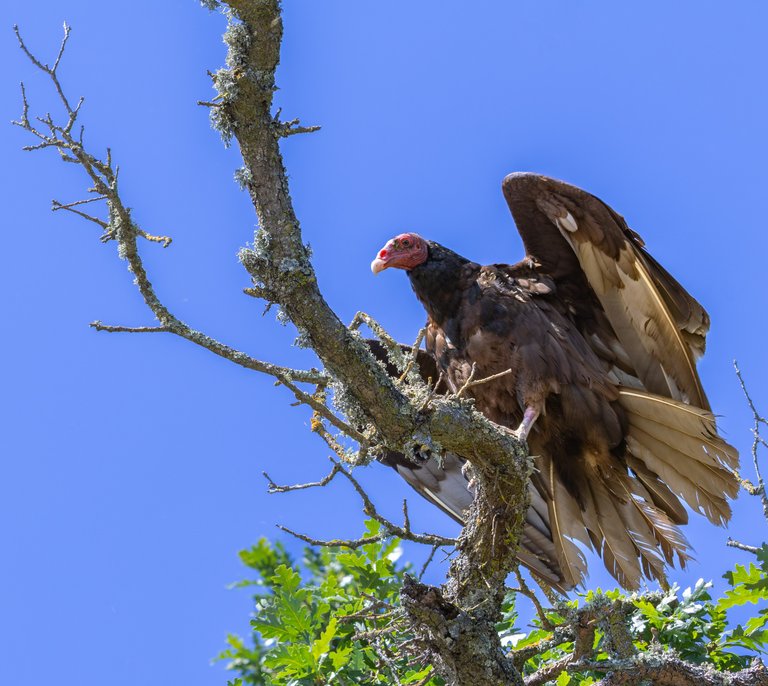Warn of the risk to human health posed by the loss of large scavengers

A study has revealed that more than a third of vertebrate scavengers are at risk, especially those at the top of the trophic chain. They warn that the loss of these species can pose a risk to human health and praise the value of the One Health strategy.
The researchers recall that the removal of dead animal carcasses from the environment prevents diseases, but it is a difficult and expensive task. Carnivorous animals do this work on their own, so they are beneficial for humans and ecosystems. They are widely distributed geographically and phylogenetically (more than 200 families), but 36% of them are at risk or their population is declining.
In fact, they have studied the 1376 scavenger species on the red list of the International Organization for the Conservation of Nature (IUCN), both terrestrial and aquatic (freshwater and marine), and have analyzed the extent, conservation status and ecosystem services of each one. There are big scavengers in the most dire situation, like the white-tipped ocean shark. On the contrary, small animals and those who eat everything are proliferating, such as rodents. Researchers have suggested that while large scavengers help prevent disease, these small scavengers do the opposite.
Buletina
Bidali zure helbide elektronikoa eta jaso asteroko buletina zure sarrera-ontzian











